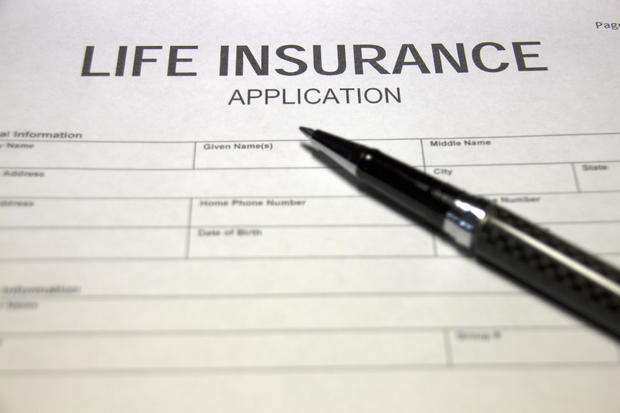These factors affect whole life insurance rates
Life insurance doesn't just have to be something that protects against the financial risk of early death. It can also be used to provide lifelong coverage.
Whole life insurance, for example, can provide your family with a nest egg whenever you ultimately pass away. Meanwhile, it can build a cash value that you might be able to make withdrawals from or borrow against while alive.
But given that everyone ultimately passes away, and insurance companies need to account for that, whole life insurance generally has more expensive premiums than term life insurance, for example, which expires after a given period.
That said, whole life insurance policies might still be within your budget, and you might like the cohesiveness of having a cash value along with a death benefit. But when you look at average whole life insurance rates, that might not always apply to your situation. For one, rates can differ among insurance providers and your location, so it's good to shop around and see what's available to you. Premiums can also vary based on policyholder details, some of which you can adjust and others that might be out of your hands.
If you're in the market for life insurance then start by getting a free price quote here now so you know exactly what to expect.
Factors that affect whole life insurance rates
In particular, some of the top factors that affect the cost of whole life insurance include:
- Age: In general, the younger you are, the cheaper whole life insurance is. Younger policyholders are likely to be further away from receiving a death benefit than older policyholders, so that contributes to variations in rates. While you can't make yourself younger, consider this factor when deciding whether to buy whole life insurance now or do so later in life.
- Sex: Rates for males tend to be higher than for females. Like with age-based rates, this reflects the fact that women generally have longer life expectancies than men. So just know to expect these variations in rates.
- Health: Your health status can also affect life insurance costs, as that relates to risk for insurance companies too. If you have several medical conditions, for example, that could increase the odds of early claims, whereas a person without any known health conditions might pay premiums for longer. Relatedly, tobacco users also generally pay higher rates than those who do not use tobacco. To obtain the best whole life insurance rates, you might decide to get a medical exam as part of qualifying for a policy. No-exam life insurance policies do exist, but these tend to come with higher costs, due to the risk that insurance providers face not knowing as much about your health. The good news with whole-life insurance policies is that premiums are set once you purchase a policy, so if you develop a health condition later in life, you won't have to pay more under the same policy.
Not sure what a whole life insurance policy would cost you? Get a free price estimate now.
- Coverage amounts: All things being equal, a policy that provides higher coverage amounts (meaning your beneficiaries would receive higher payouts), comes with higher costs compared to a smaller policy. So, if you're having trouble finding whole life insurance within your budget, it's possible that reducing your coverage amounts would still align with some of your financial goals while bringing the premiums to a more manageable level.
- Payment period: Whole life insurance policies can come with different payment periods. For example, a whole life policy might enable you to be fully paid up by age 65, such as if you want to be done with payments when entering retirement. However, stopping premiums earlier in life generally costs more compared to a policy that stops at age 100, for example.
Other considerations
These are some of the top factors that affect whole life insurance costs, though there might be additional considerations like your occupation or customizations that you choose via policy riders.
Keep in mind that with term policies, insurance providers are accounting for the likelihood of a significant number of policyholders outliving their policies, meaning only a portion ends up receiving payouts. But with whole life insurance policies, insurance companies need to account for everyone getting a payout.
Still, depending on your circumstances, you might end up getting more out of a whole life insurance policy than you pay in premiums. Others, however, might prefer to buy a term policy and invest the difference in premiums between whole and term life policies.
Compare the costs and see if there are factors you can adjust, like stopping tobacco use or adjusting your payment period, to find better rates and a policy that works well for you. You can easily get a free price quote here now or use the table below to compare some of your options.




